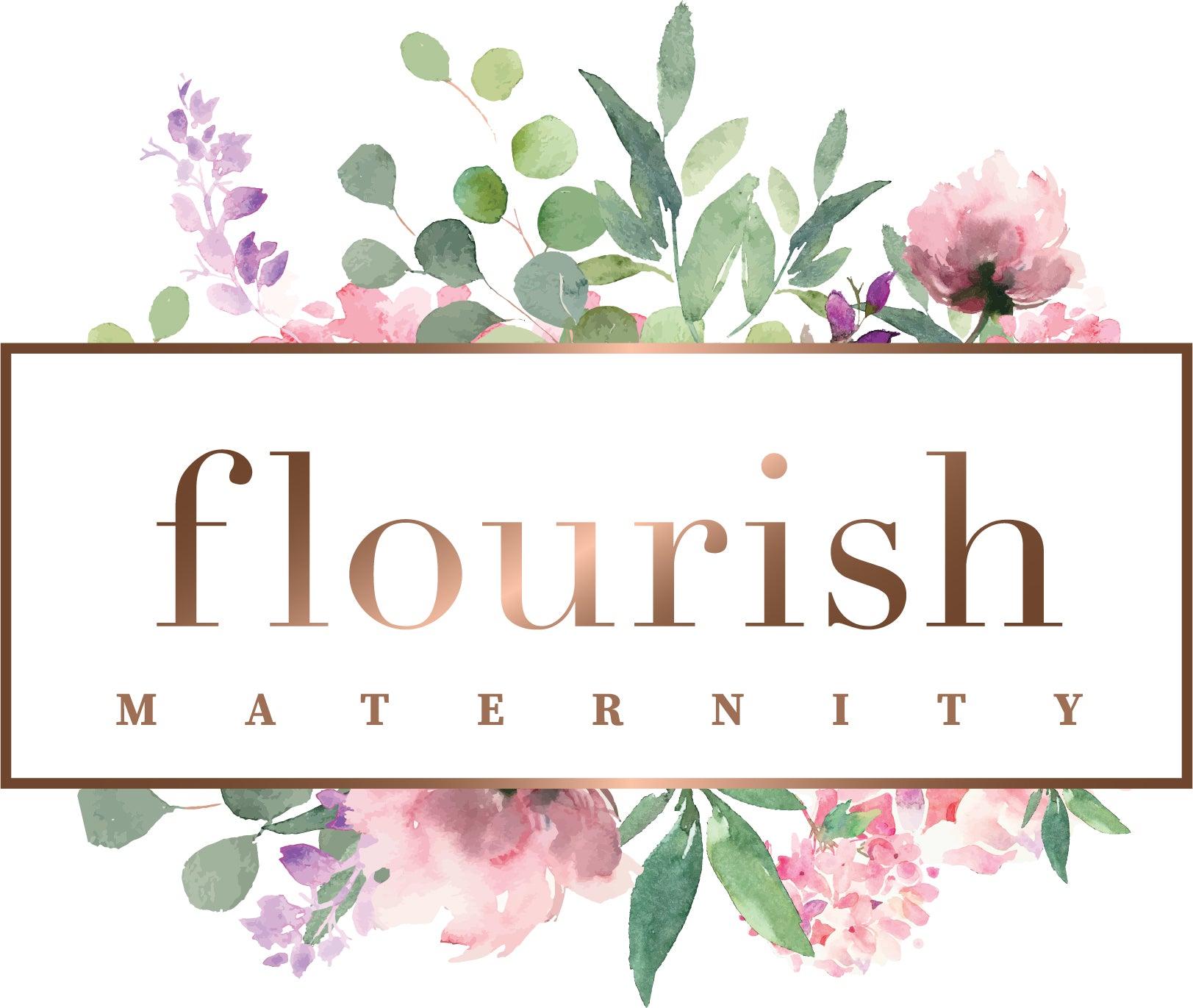Phew! You’ve been through a lot as a new Mum. You’ve had 9 months getting used to your changing maternity body, planning your birth and meeting your new baby. You have spent countless moments imagining life as a Mum and breastfeeding - all those special moments with your precious bundle of joy.
But pregnancy, labour, birth, the newborn stage and breastfeeding don’t always go to plan…
The baby blues or postnatal blues are really common. Most women will experience tearfulness and feeling down in the first week or so after birth. This is most likely due to the large hormonal shifts happening in your body after labour and delivery as well as the physical and mental exhaustion of labour and having a newborn.
However perinatal anxiety and depression is defined as new onset or worsening of significant worries, anxiety and low mood during pregnancy and up to 1 year after birth.
The risk factors for perinatal depression and anxiety can be general, related to your pregnancy or birth and related to factors occurring after birth:
- General factors
- Past history of depression and/ or anxiety
- Relationship difficulties
- Little social support
- Life stresses (financial, housing, work, illness)
- Pregnancy and birth factors
- Previous pregnancy or child loss
- Birth complications or trauma
- Unexpected complications during birth
- A disabled or ill baby
- Post birth factors
- Prolonged baby blues
- Baby needing to stay in hospital for care (SCBU/ NICU)
- Illness or physical complications (diabetes, high blood pressure, anaemia from blood loss)
- Relationship and family difficulties
- Sleep problems
- Your baby crying a lot, struggling to breastfeed/bottle feed or not settling easily
- Isolation from family and friends
Over the last 7 days have you been struggling to function because of feeling sad and tearful? Struggling to find any enjoyment or pleasure in anything? Have you been panicking, struggling to sleep or feeling overwhelmed? Have you been feeling like a failure as a Mum or blaming yourself unnecessarily when things go wrong? These are some of the signs of postnatal depression and anxiety. Sadly, it is not unusual for people suffering from depression to have thoughts of self-harm or suicide and new Mum’s with depression can sometimes even think their new baby is better off without them or better off not here due to their mind being confused by hopelessness and despair.
It's extremely important to take postnatal depression and anxiety seriously, don’t try to shrug it off because sometimes the consequences are truly tragic. Speak to a trusted friend, your partner or family member about how you’re feeling. Ask them to support you in getting help. It is so important to speak to your midwife, Plunket nurse or your Well Child Tamariki Ora provider and consider seeing your GP for diagnosis and treatment. These people don’t want to take your baby away or tell you that you are doing a bad job as a Mum. They want you to seek help as early as possible to prevent things ending up in a crisis.
Postnatal depression and anxiety can be treated through 3 main treatment strategies:
- Counselling, Education courses and Support Groups
- Medication
- Self-care measures
Counselling is a proven treatment for all types of depression and anxiety. There are several different types of counselling and therapy which can range from guiding you through self-care strategies, to mindfulness, or looking at how your thoughts and beliefs determine your behaviour which then causes your emotions.
Education courses and group sessions can help you understand your postnatal depression or anxiety and help you realise that you aren’t suffering alone.
Medication can be a lifesaver for some cases of depression and anxiety, enabling you to engage in counselling, courses and self-care which can make you better. The risk of medication is usually outweighed by the harms of untreated depression and anxiety (for both mother and baby and the whole family).
Self-care measures are powerful tools to treat depression and anxiety but are extremely difficult to put into practice if you have no support and are moderately to severely depressed and anxious. Your depression and anxiety will be telling you that you are hopeless, a failure as a Mum and not to bother trying. Take courage and as much as possible, try to do these helpful behaviours anyway. I like to say to my patients ‘fake it until you make it’.
- Keep physically active
- Any movement such as walking, swimming, Mum and baby exercise classes is proven to improve depression and anxiety
- Socialise and develop a support network
- Reach out to family and trusted friends, accept their offers of help
- Join local play groups or coffee mornings where you can connect with other Mum’s and Dad’s and can share experiences/difficulties
- Prioritise your sleep
- ensuring that you get enough rest and sleep is crucial to your mental health
- Look at doing baby shifts or getting a trusted person to watch your baby so that you can rest
- Plan special relaxation activities for yourself
- Plan childcare and book a spa visit, a massage, a coffee with a friend
Feeling low, anxious or worried after birth is very common so the sooner you seek help and get better the sooner you can enjoy this precious time.
Written by Dr Camilla Elliot
Links to resources
Heathify - perinatal depression and anxiety. https://healthify.nz/health-a-z/d/depression-perinatal/
Plunket NZ - https://www.plunket.org.nz/being-a-parent/looking-after-you/parent-mental-health/postnatal-depression
Mothers Helpers NZ- https://www.mothershelpers.co.nz/

